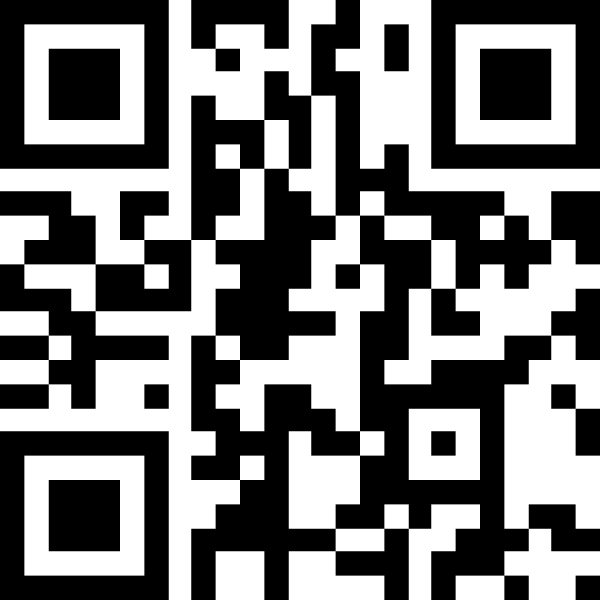Professor Philippe Schlenker (Institut Jean-Nicod, CNRS; New York University) will deliver the first public lecture in a new series on Linguistics and Philosophy: "Music Semantics". 3.30-5 p.m. on Friday, 10 November at the Ship Street Lecture Theatre, Jesus College. This event will be followed by a reception.
Poster

Abstract
We will argue that music has a semantics, in the sense of a rule-governed way in which it can convey information about a music-external reality (we will restrict attention to Western classical music). But these rules have very little in common with standard compositional semantics, and are more similar to iconic semantics on the one hand, and to mechanisms of feature decoding in animal communication on the other (Schlenker 2017; Schlenker et al. 2023). We will summarize this approach, address a common objection (here due to Leonard Bernstein), and mention experimental results that support the main claims (Migotti 2023).
We will then argue that music semantics should be enriched in three directions by incorporating insights from recent research on ‘Super Semantics’, the attempt to apply the methods of formal semantics to non-traditional objects of study (Schlenker 2022a). First, it has been claimed by Abusch 2013 that visual narratives make use of discourse referents akin to those we find in language. We argue that a similar conclusion extends to music, and we highlight it by investigating ways in which orchestration and dance may make cross-referential dependencies more explicit. Second, we show that by bringing music semantics closer to the semantics of visual narratives, we can give an account of the semantics of mixed visual and musical sequences. Third, it has been claimed that co-speech gestures trigger characteristic conditionalized presuppositions, called 'cosuppositions', and that their semantic status derives from their parasitic character relative to words. We argue that the same conclusion extends to some instances of film and cartoon music: it may trigger cosuppositions as well. In sum, music semantics is a (tiny) emerging field with non-trivial connections to several areas of Super Semantics.
Relevant readings (none will be presupposed):
Introductory: Schlenker 2022b, What it All Means, Chapter 15
Preprint [with hyperlinks to sound examples]: https://www.dropbox.com/s/1lb9an189gxacf8/Schlenker-What%20it%20All%20Means-Chapter%2015-preprint.pdf?dl=0
Basics of music semantics (relatively short): Schlenker 2017, Outline of Music Semantics
Published: https://www.dropbox.com/s/ufn26knh2uajhrm/Schlenker-Outline_of_Music_Semantics.pdf?dl=0
Preprint [with hyperlinks to sound examples]: https://lingbuzz.net/lingbuzz/002942
Music Semantics and Super Semantics (long): Schlenker 2022a, Musical Meaning within Super Semantics
Preprint [with hyperlinks to sound examples]: https://ling.auf.net/lingbuzz/004937
Published: https://link.springer.com/article/10.1007/s10988-021-09329-8
Most recent:
Léo Migotti, 2023, Investigating Musical Meaning: Empirical Evidence for a Music Semantics. PhD dissertation, Institut Jean-Nicod, CNRS.
Only very tangentially relevant: Schlenker et al. 2023 https://lingbuzz.net/lingbuzz/007168